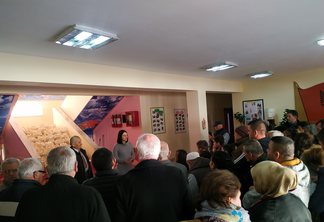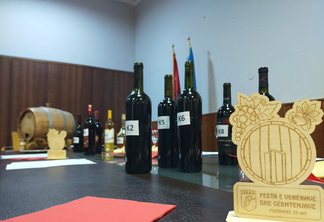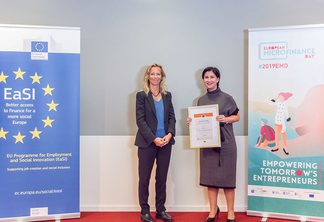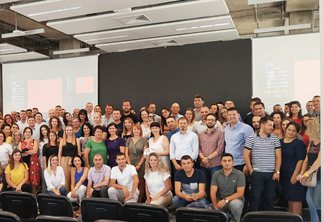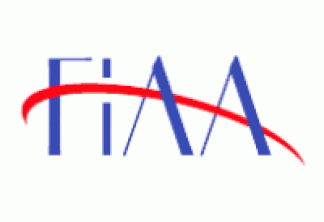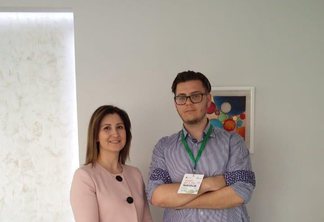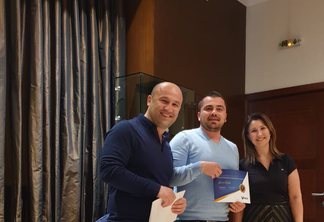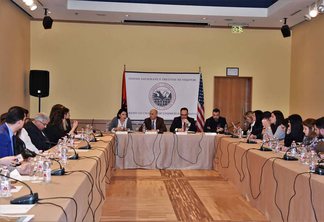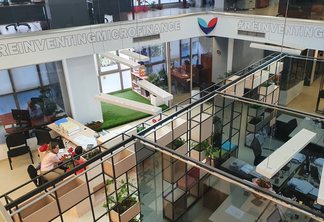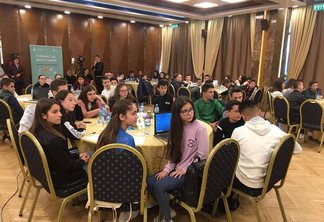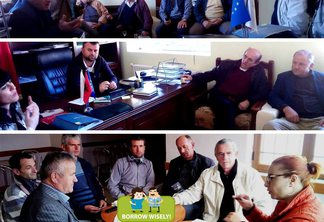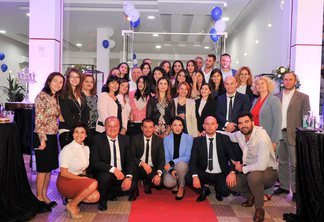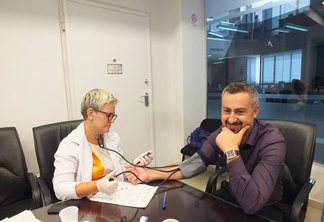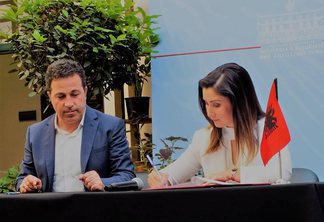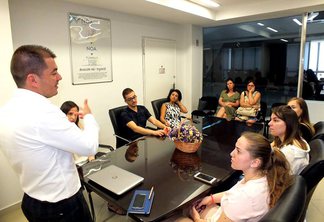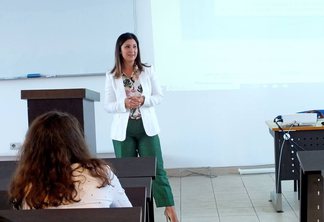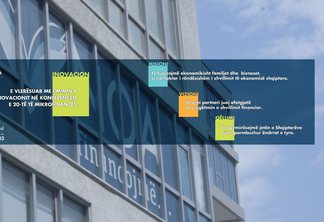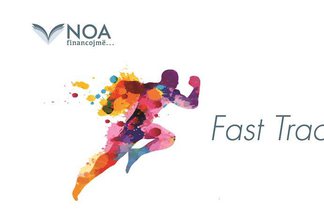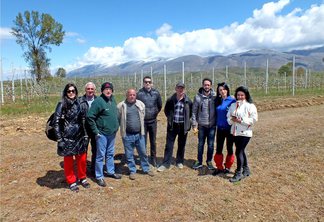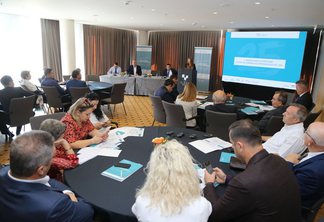
NOA joins the Auditors Month initiative
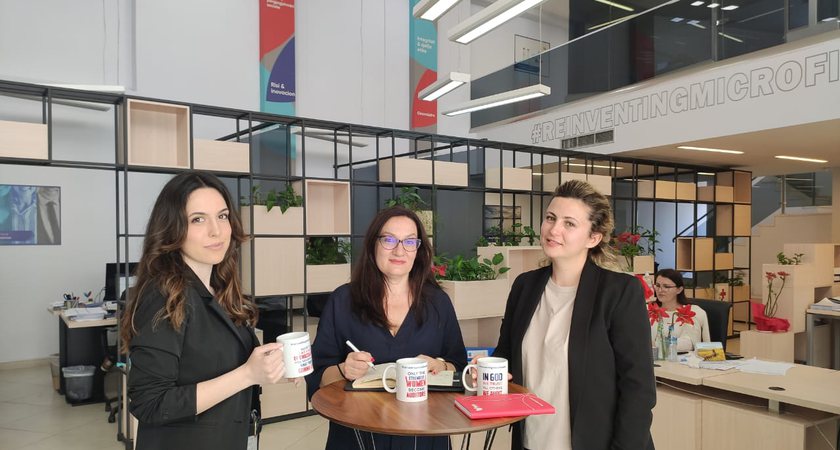
When we think about the function of the internal auditor of an organization, two things come to our mind: the independence of the function itself and the risk assessment procedure, i.e. what is known as the “risk approach”. The company's auditor is often seen in the role of an advisor (consultant) within the organization, due to the fact that his controls are implemented at almost all levels of the company.
Meanwhile, in more practical terms and due to the developments over the years, the function of the internal auditor in the private sector has experienced a kind of detachment from the core functions of an organization. The internal control methodology, which is mainly based on risk assessment, was developed as a new working practice by major international audit firms, after a multi-year period of optimism that followed the fall of the Iron Curtain in Europe.
Risk assessment is seen as a good practice that ensures efficiency, appropriateness, focus on the quality and effectiveness of an organization's internal controls, always in the context of a relatively low risk global environment of business.
Despite this, after the 2000s, things changed, first due to the terrorist acts in the US, then due to the collapse of large companies in the energy sector, in the banking or audit sector, and then due to the global financial crisis. This new situation resulted in an increase in regulatory requirements and a further strengthening of the role of internal control, a position which found itself on a transformation journey.
At the same time, especially due to the technological advancement and mainly due to the great development of information technology, the auditor function passed another stage of change. Increasingly complex and automated systems were presented, which required a much more specialized approach and dedicated procedures in terms of control methodology, especially in terms of information processing and security.
Increased regulatory requirements for more technological solutions created new challenging situations where the construction of complex systems did not necessarily lead to automation, on the contrary, operational or technical risk increased, which was an additional burden on the work of the internal control.
In a way, this transformation requires a “back to basics” approach beyond current trends aiming at the consolidation of the core of audit / control processes.
It is rather difficult to identify right away the new challenges of the internal control in such a complex world. However, the fact is that the function of the auditor is one of the few structures that provides a detailed knowledge, or a form of detailed transversal knowledge of an organization, which as such resonates its threads throughout the map, more or less resembling the spine function in a human body.
As such, the role of the auditor or the internal control provides one more guarantee for any organization, a role that should be understood, strengthened and promoted by the entire organizational body, not just during its promotion month.
Strengthening the role of the auditor requires a real and more substantial presence in decision-making. A consolidation process that should be supported by a more managerial approach, an increased presence in the executive boards, a clearly translated and readable language as well as understandable findings from the management and from every other level of the company. All in the name of improving the quality of business activity, beyond the traps of simple operational or technical nature in order to always overcome the nature, definition or typology of the identified problems.
At NOA, we constantly strive to promote such an approach and it is a pleasure to be part of Auditors' Month today as a way to raise the awareness of the Albanian market and companies on this role.
Të reja të tjera

















